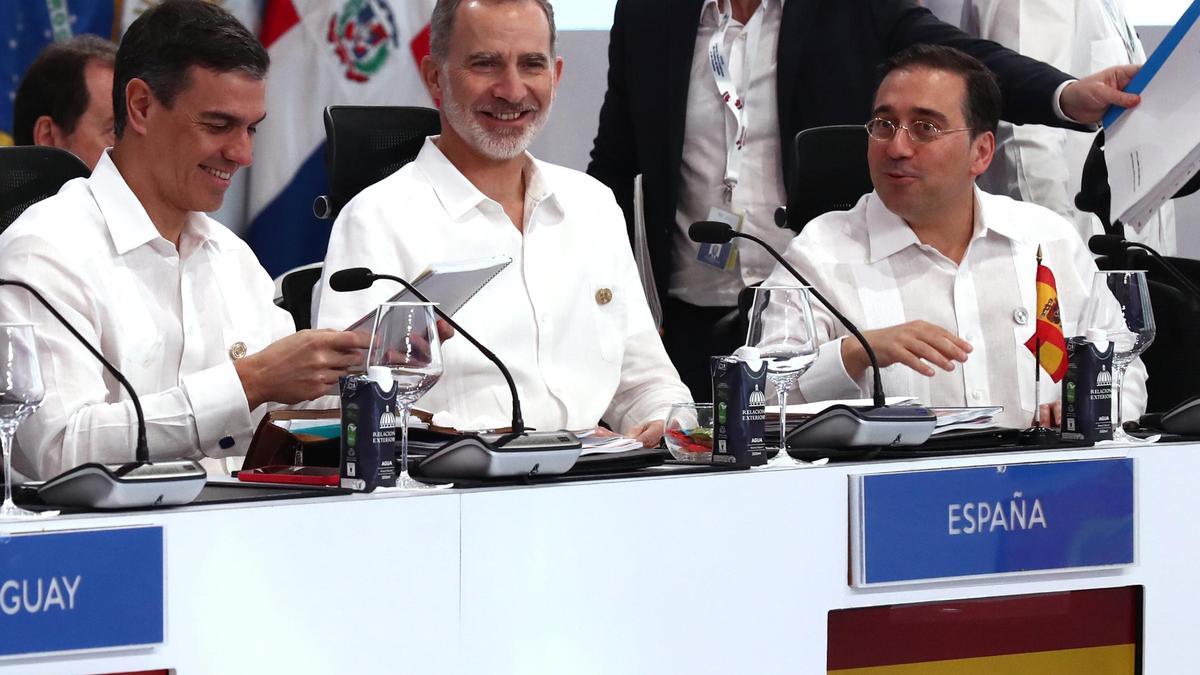
|
|
|
|
|
|

26 julio, 2024
por Felipe Sahagún
0 Comentarios

|
|
|
|
|
|
26 julio, 2024
por Felipe Sahagún
0 Comentarios

Report by Catrina Doxsee, Alexander Palmer, and Riley McCabe
Published February 8, 2024
Terrorism is no longer the leading international threat to the United States or its top defense priority, but challenges related to violent extremism remain. The threat from Salafi-jihadist groups such as al Qaeda and the Islamic State has declined, and ethnonationalist threats are largely contained. However, a broader patchwork of violent far-right and far-left extremist ideologies has become more prominent on the global stage. Meanwhile, terrorism continues to overlap in significant ways with strategic competition, especially via Iran’s support to terrorist groups like Hamas and Hezbollah.
This report was made possible by general support to CSIS. No direct sponsorship contributed to this report.
26 julio, 2024
por Felipe Sahagún
0 Comentarios

El Periódico (España)
La influencia de España en América Latina
Carlos Malamud
29 de mayo de 2024
Las relaciones no se centran solo en la diplomacia y las inversiones, sino que se fundamentan en múltiples intangibles, que hacen del vínculo algo excepcional
Desde hace más de 15 años se repite la idea de que España ha perdido influencia en América Latina, lo que surge de comparar los gobiernos de Felipe González y José María Aznar con el de José Luis Rodríguez Zapatero y posteriores. Incluso algunas interpretaciones apuntan a que hoy esta presencia es totalmente irrelevante.
26 julio, 2024
por Felipe Sahagún
0 Comentarios

El largo final de la revolución cubana
No está claro si el régimen sobrevivirá a esta compleja coyuntura, y, en el caso de hacerlo, cómo será el proceso. Lo que sí se intuye es que, de persistir este empecinamiento, una gran protesta social es bastante probable.
Related
Cuba: crisis de gobernanza y futuro incierto
26 julio, 2024
por Felipe Sahagún
0 Comentarios
26 julio, 2024
por Felipe Sahagún
0 Comentarios
